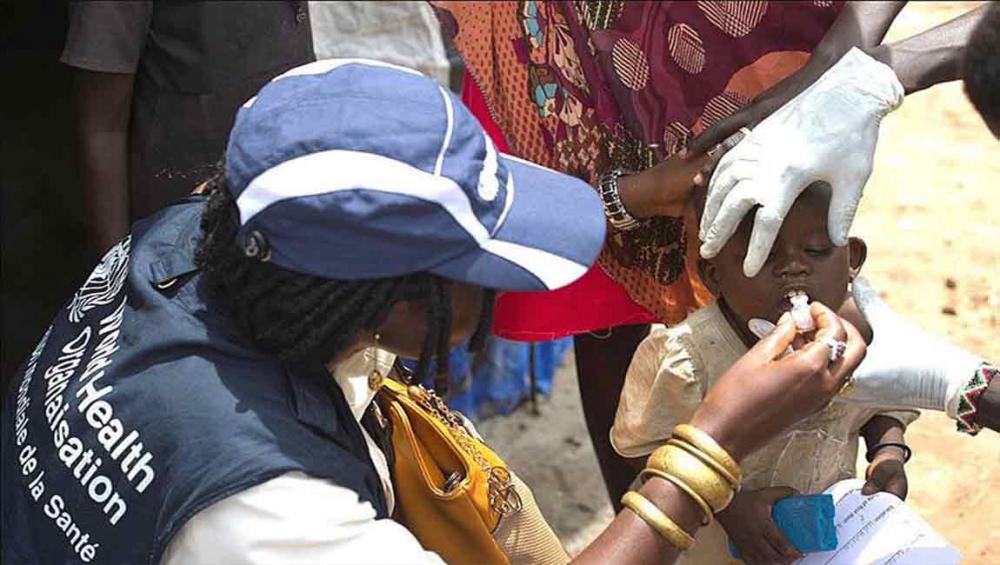Just Earth News | @justearthnews | 21 Jul 2017, 05:54 am Print

WHO/South Sudan
“Cholera is endemic in South Sudan and historically, outbreaks have occurred along major commercial routes and rivers in the dry season as well as during the rainy season,” said Joseph Wamala, an epidemiologist at the World Health Organization (WHO), in a news release from the agency's Africa office.
Earlier this week, WHO received 500,000 doses of oral cholera vaccine and is working with South Sudan's Ministry of Health and partners to carry out a vaccination campaign from 28 July to 3 August in four selected counties – Tonj East, Kapoeta South, Kapoeta North and Kapoeta East.
“South Sudan has suffered from several major cholera outbreaks in the last four years. Following other successful oral cholera vaccine campaigns, WHO and partners can make a real difference in controlling the outbreak in Tonj and Kapoeta states and in other parts of the country,” Wamala said.
Along with the use of the vaccine, South Sudan is implementing the integrated approach to control cholera, such as improving access to patient care, surveillance, social mobilization, water, sanitation and hygiene.
As a result, cholera transmission in Bor, Mingkaman, Duk, Ayod, Bentiu, Leer, Aburoc, Malakal Town, and several other areas has been controlled.
Food insecurity is putting people at increased risk of starvation and malnutrition, which in turn will further the risk that cholera outbreak in South Sudan will spread.
Drought has also led to the drying of water points in some regions leading to the population using contaminated water from the remaining few unprotected points leading to repeated outbreaks of cholera and other water-borne diseases.
- From thinning to thriving? New hair loss treatment is showing promising results in trials
- Surprising coffee link: Daily cups may slow ageing in severe mental illness
- Malaria crisis looms as WHO reveals explosive rise in drug resistance
- Study shows nanoplastics from bottles are not just pollution—They may be harming you from within
- Are birth control pills affecting your mental health? New study raises red flags



-1763561110.jpg)


